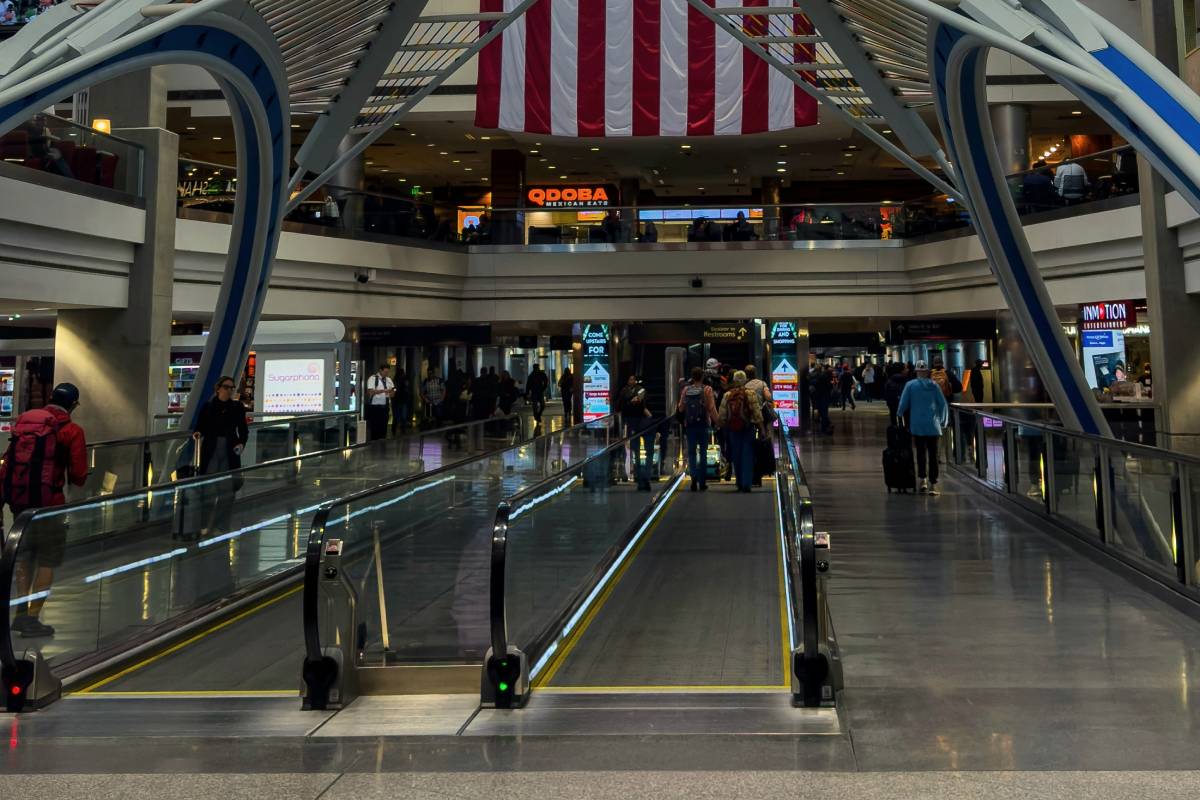Freelance workers – remember the admin!
If you are considering freelance work, it is essential to remember the administration side of your business. Managing your accounts and taxes can be overwhelming. Luckily, these modern times we are living in have given us some options.
Managing your accounts with an accounting programme is cheaper than hiring an accountant and a great way to keep a 24/7 overview of your business. Even if you are frightened by addition, the newest programmes have a reputation of being easy to learn and user friendly.
Here is a list of the top accounting programmes recommended for small businesses in Norway.
There is peace of mind in letting a professional handle your accounts, but you will have to pay for it. The average price for an accountant in Norway is around 500 kroner per hour plus VAT (value-added tax).
If you choose to hire an accountant to manage your firm’s books, here is a list of what the average accounting services can cost you.
READ MORE: What you need to know about setting up as a freelancer in Norway
Tips from the experts for English teachers in Norway
“Avoid thinking of Norway as a country where you can use TEFL as a temporary way to earn and travel – there is not really a market for that here (as there is in many other parts of the world, South East Asia, for example)” says Rose. Adding, “You absolutely can succeed as an ESL teacher, but the ones who do are usually those with good qualifications and experience from before and who really want to make a career out of it.”
Rose also recommends looking for work with Folkeuniversitet, Berlitz, Lingu, universities, and schools.
“Do it!” says Buestad. “It is fun, and the students enjoy the subject for the most part. If you can work in Videregående, or “high school”, the subject is much bigger there, so you have more hours a week with your students.”
Buestad also wants job seekers to know that it is normal to start with a substitute position. “When you first get a job, it’s most often substitute work, and then you go from there. You start with a small position, maybe 30-50 percent, and then it adds on when the school needs you more,” she says.
“If you have worked for three years in a substitute position with the same employer, they have to give you a permanent position with that employer, and many teachers get their teaching job this way.”
READ MORE: How easy is it to be an English teacher in Norway?
What is the average wage in different sectors in Norway?
According to Statistics Norway, an average monthly wage for skilled agricultural and forestry, and fishery workers in 2019 was 35,170 kroner.
For academic professionals the average monthly income was 54,240 kroner.
Service and sales workers made an average of 35,150 kroner monthly and craft and trade related workers averaged 39,550 kroner.
The average monthly income in 2019 for construction workers was 44,570 kroner.
Transportation and warehouse workers made an average of 46,720 kroner a month and people working in the arts and entertainment industries made 41,210 kroner.
The national statistics agency has found that the average monthly salary for first-generation immigrants (without Norwegian heritage) is 44,180 kroner for full time workers.
READ MORE: What wages can you expect when working in Norway
Where are winter jobs in Norway located?
Winter sports jobs can be found almost all over Norway. Ski resorts are the biggest draws for both workers and tourists.
Trysil, Hemsedal, Geilo, Hafjell, Voss and Hovden are Norway’s most popular resorts for both Norwegians and tourists.
A lot of the resorts in Norway are near smaller towns and villages. For example, Hemsedal, home to Norway’s second-largest resort, only has a year-round population of around 2,000.
So don’t expect the hustle and bustle of a resort city like Innsbruck in Austria, which has a permanent population of 130,000 people.
This means a lot of the towns have a smaller, cosier feel, especially during the week. In addition to this, none of the bigger resorts can be found anywhere near airports or major cities, meaning long journeys may be required to get to the resort you are planning to work at.
If you want to keep up with the goings on in Norway’s job market then check out our new weekly job roundup here.
READ MORE: How to find a winter sports job in Norway?
Two of the perks about working in Norway
Working in Norway will give you the security of excellent health insurance. If you are legally working or living in Norway, then you have automatically been enrolled in the Norwegian National Health Insurance Scheme.
Necessary health expenses that include services for primary and mental health, as well as hospital care and select prescription drugs, are covered from the first month of employment.
and then there’s parental leave….
Norway’s parental leave is both flexible and generous. If both the mother and the father have been in the workforce for at least 6 out of the 10 months leading up to the birth of their child, then they are both entitled to paid parental leave.
Parental leave provisions allow for the mother to choose between 15 weeks’ parental leave with 100 percent of their original wages or 19 weeks with 80 percent of their original wages.
The father is entitled to the same and can start his paternity leave after the newborn is 7 weeks old. In addition, there is a joint parental leave time that can be divided up between both mother and father under certain guidelines.
READ MORE: What are the perks of working in Norway?




 Please whitelist us to continue reading.
Please whitelist us to continue reading.
Member comments